We, the members of Celtic Druid Temple, being indigenous people of the Land known as Éire, proclaim and exercise our rights to self determination and self government, to practice, revitalize and evolve our cultural traditions and customs, to celebrate our ceremonies on ancestral sacred ground and to be secure in the enjoyment of our own means of subsistence and development, to engage freely in all our traditional and other economic activities, to preserve, honour and share our wisdom traditions, to maintain our right to choose traditional medicines and the natural holistic health practices of our Celtic Forest Nation of Éire.
We are Celtic Gaelic people of Ireland. We remain living on our ancestral homelands and seek to develop and continue our living cultural traditions and customs. We honour the Celtic Calendar with celebrations at our ancestral sacred temples and burial grounds. We live as people under the guiding principals of Meas, Meitheal and Mead. Meas encapsulates the concept of respect for self, others and Nature. Meitheal is the mechanism for working together through sharing the responsibilities of producing food, fuel and shelter. Mead is a celebratory drink made from honey and water and is our symbol of celebratory abundance. We live by these principles of self help, co operation and co creation with Nature to provide food, water, medicine, shelter and fuel for our families and community. We promote the use and learning of our native language Gaeilge. Our livelihoods depend on healthy natural woodlands, springs, waterways, sea and sky. Our sacred ancestral lands are of fundamental importance to our collective spiritual, physical and cultural survival as an indigenous people.
We are determined to preserve, develop and share with future generations the abundance of Nature from the Land, Sea and Sky. This includes access to our sacred herbs and vital medicinal plants, animals, birds, fish and minerals. We are preserving, developing and will share with future generations our Celtic Gaelic identity in accordance with our own cultural patterns, social institutions and body of Living Laws without external interference or discrimination.
Principles
1. Indigenous Status of Celtic Druid Temple
2. Self identifying as an Indigenous Celtic Gael
3. UN Permanent Forum definition of “indigenous peoples”
4. International Human Rights Law
5. Overall Intention to proclaim define and exercise our rights as members of Celtic Druid Temple
1. Indigenous Status of Celtic Druid Temple
The Celtic Druid Temple is an organised group of Celtic Gaelic People and Druí (Spiritual guide, teacher and ceremonial leader) honouring Nature as Supreme Being and are determined to practice, revitalize and evolve our cultural traditions and customs by celebrating our ceremonies on ancestral sacred ground in accordance with our Celtic calendar.
Structure and chronology
- 1993 Originally formed as the Heritage Awareness Group identifying indigenous sacred sites and providing educational seminars to the general public supported by local county councils and public libraries.
- 22nd of November 2012 Incorporated as Celtic Druid Temple Company no. 520451
- 30th of August 2017 Changed form to an unincorporated association named Celtic Druid Temple governed by a constitution.
BUNREACHT NA hÉIREANN (Constitution of Ireland)
- Article 44 Secures our freedom to practice our religion.
2 1° Freedom of conscience and the free profession and practice of religion are, subject to public order and morality, guaranteed to every citizen.
- The Department recognises Druidry as an indigenous religion https://www.hse.ie/eng/services/publications/socialinclusion/interculturalguide/traditional/
- On the 19th of May 2015 the Department recognised Celtic Druid Temple as an organisation established to promote the indigenous religion of Ireland with Nature as the Supreme Being and granted Celtic Druid Temple the following charity no. CHY20684
- On the 3rd of February 2016 Solemniser Status was granted by the Department to Celtic Druid Temple. The legally binding marriage registration certificate states that the marriage ceremony is performed "according to the Rites of Passage of the Indigenous Wisdom Tradition of Celtic Druid Temple”
- On the 13th of June 2018 the Department recognised Celtic Druid Temple as an organisation established to promote the indigenous religion of Ireland and granted Celtic Druid Temple the following registered charity number RCN 20106003
- The Druí of Celtic Druid Temple have jury service exemption status and have exercised this exemption.
- An Garda Siochana have on four occasions provided protection for our public ceremonies
European Convention on Human Rights
Article 9(1) of the European Convention on Human Rights guarantees the rights of adherents to this policy document to full enjoyment of rights to thought, conscience and religion, including the ancient traditions of the Celtic Druid faith, and, more specifically, to our right of pilgrimage.
All comments and questions welcomed – [email protected]
2. Self identifying as an Indigenous Celtic Gael
If just one of the following determinants is a 'yes' for you – then you can self identify as an Indigenous Celtic Man or Woman and become a member of our Celtic Forest Nation of Éire. This is a true identity even if you do not currently live in Ireland but wish to live here and to have your descendants live here as your ancestors did.
1 Do you have Gaelic Celtic ancestors?
2 Do you live on or wish to live on the land of your ancestors?
3 Do you seek to live by the Celtic Calendar?
4 Do you want to learn / speak Gaeilge?
5 Do you wish to provide food for your family directly from the Land, Sea and Sky of Éire?
6 Do you wish to preserve, develop and transmit our connection to our Land, Sea and Sky of Éire?
7 Do you wish to restore our Celtic identity, cultural patterns, social institutions and lawful ways?
8 Do you wish to restore Ireland as a Celtic Forest Nation?
3. UN Permanent Forum on Indigenous Issues 'working' definition of “indigenous peoples”
* Self-identification as indigenous peoples at the individual level and acceptance by the community as their member;
* Historical continuity with pre-colonial and/or pre-settler societies;
* Strong link to territories and surrounding natural resources;
* Distinct social, economic or political systems;
* Distinct language, culture and beliefs;
* Form non-dominant groups of society; and
* Resolve to maintain and reproduce their ancestral environments and systems as distinctive peoples and communities.
Excerpt of a legal opinion by an international law expert who addresses indigenous issues. “Members of the Celtic Druid Temple have the right to self-identification as indigenous; there is historical continuity of indigenous-ness from prior to British invasions; the Temple’s members are tied to territory and resources; indigenous Irish do possess distinct social, economic and political systems and distinct language, culture and beliefs; and it is clear that the Temple and its members are resolved to “maintain and reproduce ... ancestral environments and systems as distinct peoples and communities” (in a modern setting). At end, according to the Permanent Forum document, “the most fruitful approach is to identify, rather than define indigenous peoples.” The Temple is clearly asserting distinct rights.”
4. International Human Rights Law
The Declaration on the Rights of Indigenous Peoples was adopted by the General Assembly of the United Nations as General Assembly Resolution No. 61/295 (13 September 2007). Courts can apply the declaration in decisions and legislatures and other bodies can cite it to support positions to uphold and enforce specific provisions in the Declaration.
“The Declaration addresses both individual and collective rights; cultural rights and identity; rights to education, health, employment, language, and others. It outlaws discrimination against indigenous peoples and promotes their full and effective participation in all matters that concern them. It also ensures their right to remain distinct and to pursue their own priorities in economic, social and cultural development. The Declaration explicitly encourages harmonious and cooperative relations between States and indigenous peoples.”
Article 24 of the Declaration provides (in full):
1. Indigenous peoples have the right to their traditional medicines and to maintain their health practices, including the conservation of their vital medicinal plants, animals and minerals. Indigenous individuals also have the right to access, without any discrimination, to all social and health services.
2. Indigenous individuals have an equal right to the enjoyment of the highest standard of physical and mental heath. States shall take necessary steps with a view to achieving progressively the full realization of this right.
Article 1 of the Declaration states the right of indigenous peoples, both individually and collectively, to enjoy all human rights as stated by the U.N. or otherwise.
Article 3 secures the right of self-determination, meaning the right to “freely determine” their political status and “freely” pursue and secure their own economic, social and cultural development.
Article 24 addresses the human right to health with this language:
1. Indigenous peoples have the right to their traditional medicines and to maintain their health practices, including the conservation of their vital medicinal plants, animals and minerals. Indigenous individuals also have the right to access, without any discrimination, to all social and health services.
2. Indigenous individuals have an equal right to the enjoyment of the highest attainable standard of physical and mental health. States shall take the necessary steps with a view to achieving progressively the full realization of the right.
Excerpt of a legal opinion by an international law expert who addresses indigenous issues. “There is no specific language in the Declaration that addresses the right to refuse specific health measures or procedures, including vaccination. However the language about “their” health practices assumes a right to define what those might be, and the language “highest standard of physical and mental health” assumes that any given “standard” is the “highest” or most appropriate. Inappropriate standards include procedures or practices that are harmful or repulsive to a given indigenous group. I note that the Celtic Druid Temple is in fact engaging in an ongoing debate over the appropriateness of vaccination, and the right to reject it, and there is a right to speak to that — and be acknowledged in positions. I think that one of the most important points for the Celtic Druid Temple’s word is that the obligation is on the state (i.e. government) to deal with complaints of violations of human rights without requiring any person or group to “prove” their right. It is a matter of asserting a given right, e.g. the right to refuse vaccination, and compelling the state to engage. The right to refuse vaccination is a difficult subject, however, there is a right to articulate that right in general terms and compel the state to address it.”
5. Overall Intention to proclaim define and exercise our rights as members of Celtic Druid Temple
Celtic Druid Temple is officially recognised as the indigenous religion of Éire. Celtic Druid Temple presents a modern expression of the indigenous spiritual tradition of this island. Every man woman and child can choose to openly practice the indigenous spiritual traditions of this island. We can now openly show reverence to Nature as the Supreme Being and acknowledge the Spirit of our Celtic Ancestors without fear of censure. The dignity and inherent divinity of every man woman and child can be honoured and nurtured to its fullest expression.
We are in contact with indigenous peoples / groups in Europe, Russia, Australia, North America, South America and throughout the island of Ireland. It is our intention to share this statement with these groups seeking a declaration of acknowledgement and support from them with a view to developing relationships with and acknowledgement from other indigenous groups around the world that respect Nature. The first paragraph from the top of this page is on the back of the new CDT membership identity card. This replaces the Celtic Gaelic Oath that was shown on the back of the CDT identity card. The Oath will continue to be used and will appear on our Almanac, CDT website and in our social media as graphics/script.
Respecting Nature as Supreme Being -
We honour the idea of
Gods and Goddesses
as the Source of all creation,
We celebrate the
Gaelic Pagan Festivals on
the cycles of the Sun and Moon,
We acknowledge the inherent
lifeforce in all things.
See https://www.celticdruidtemple.com/membershipcards.html
Members that choose to carry and use this card will have the ability to refer to a complete description / information page (i.e. this document) on our website of their rights as members of an indigenous religious group. This includes the “right to choose traditional medicines and natural holistic health practices” and can be used to politely and respectfully decline any vaccination or drug containing human foetal tissue, mercury or any other known or unidentified toxin/s. Members have the right to ask for a full list of ingredients in any medications / vaccinations. Because we hold Nature as Supreme Being we reject all unnatural or abnormal medications and we choose a healthy lifestyle with fresh air, living water and organic food as the means to creating and supporting a healthy immune system in tune with the natural order. The Celtic Druid Temple reaffirms is position that Nature is the Supreme Being and our members may decline all or any unnatural medications on religious grounds.
This policy statement of the mission and intent of the Celtic Druid Temple sets out some of the rights that are inherent in the beliefs of an ancient discipline that is the way of life for the Celtic Druid tradition.
Non-members of the Celtic Druid Temple who hold Nature as Supreme Being may also choose to decline all or any unnatural medications on religious grounds as explained here but without a Celtic Druid Temple Identity Card.
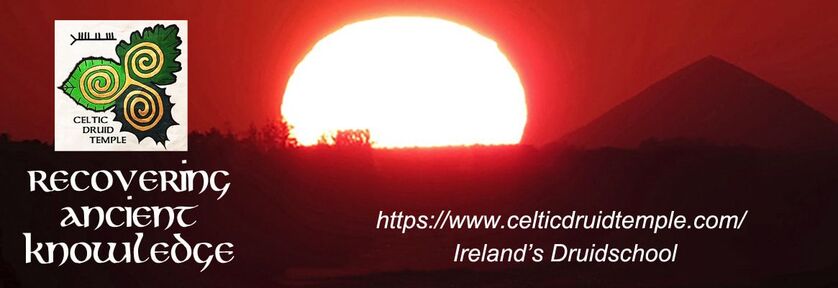
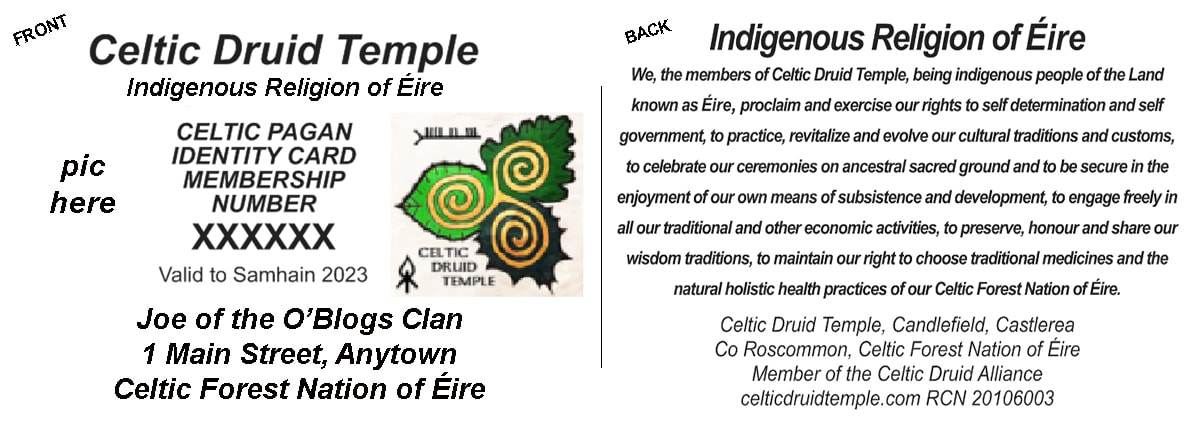
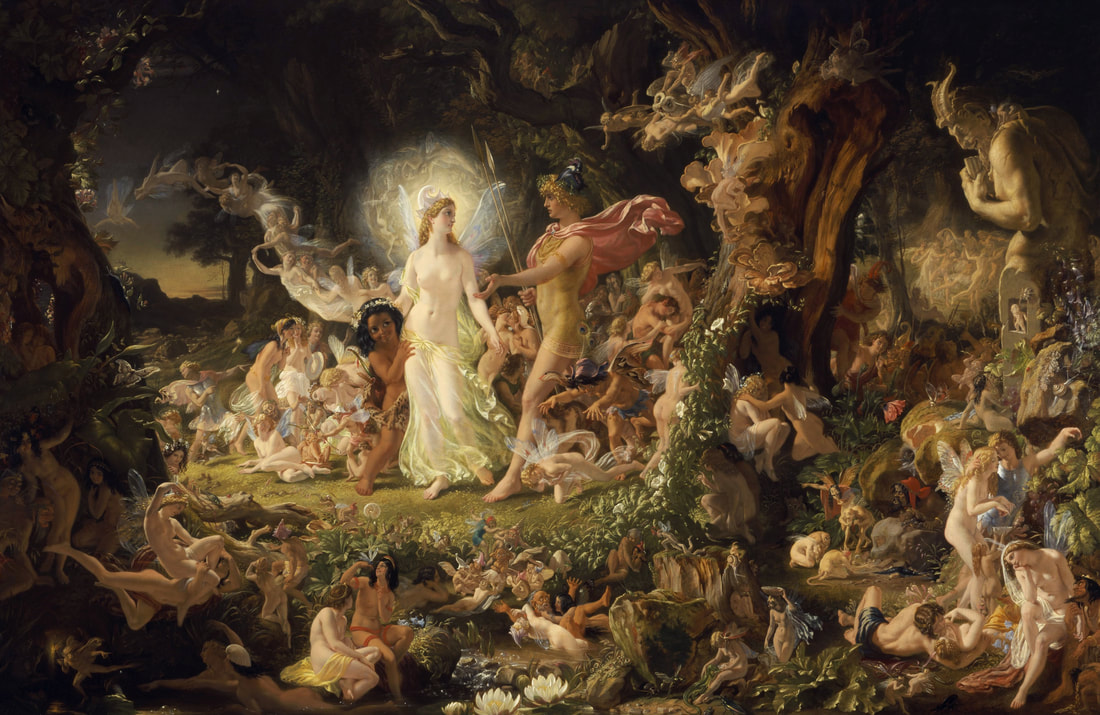
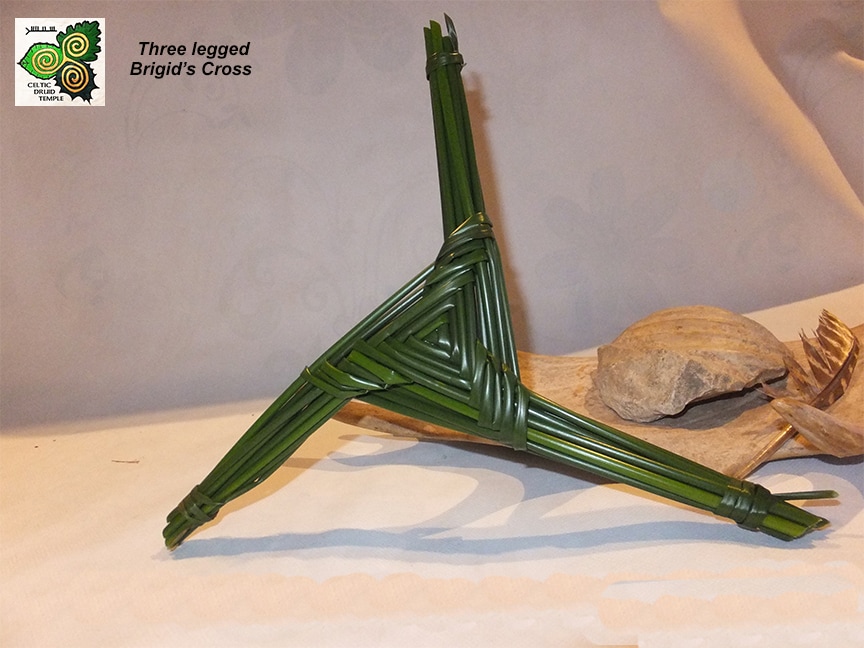
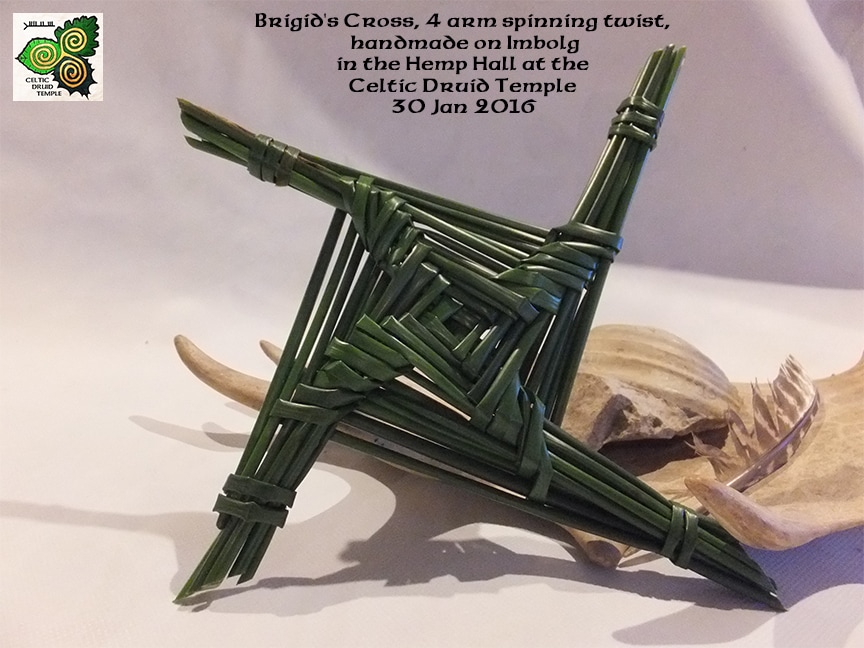
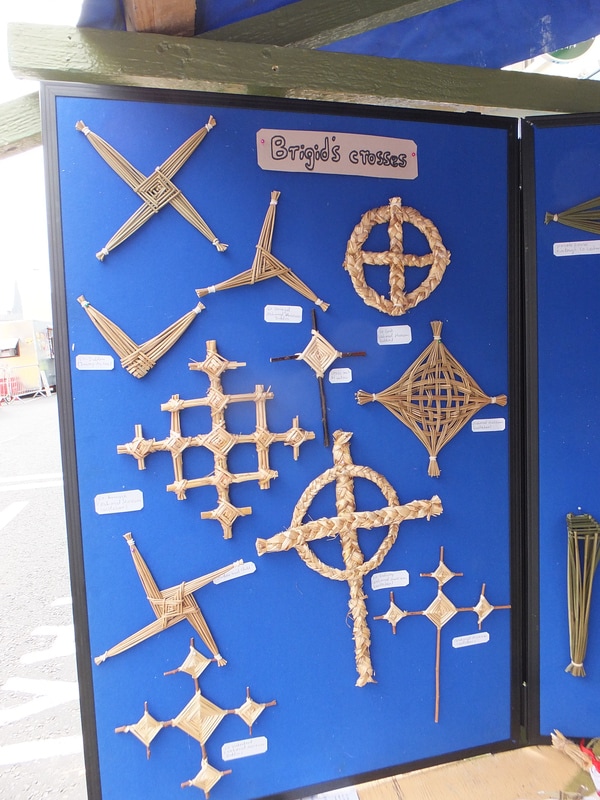
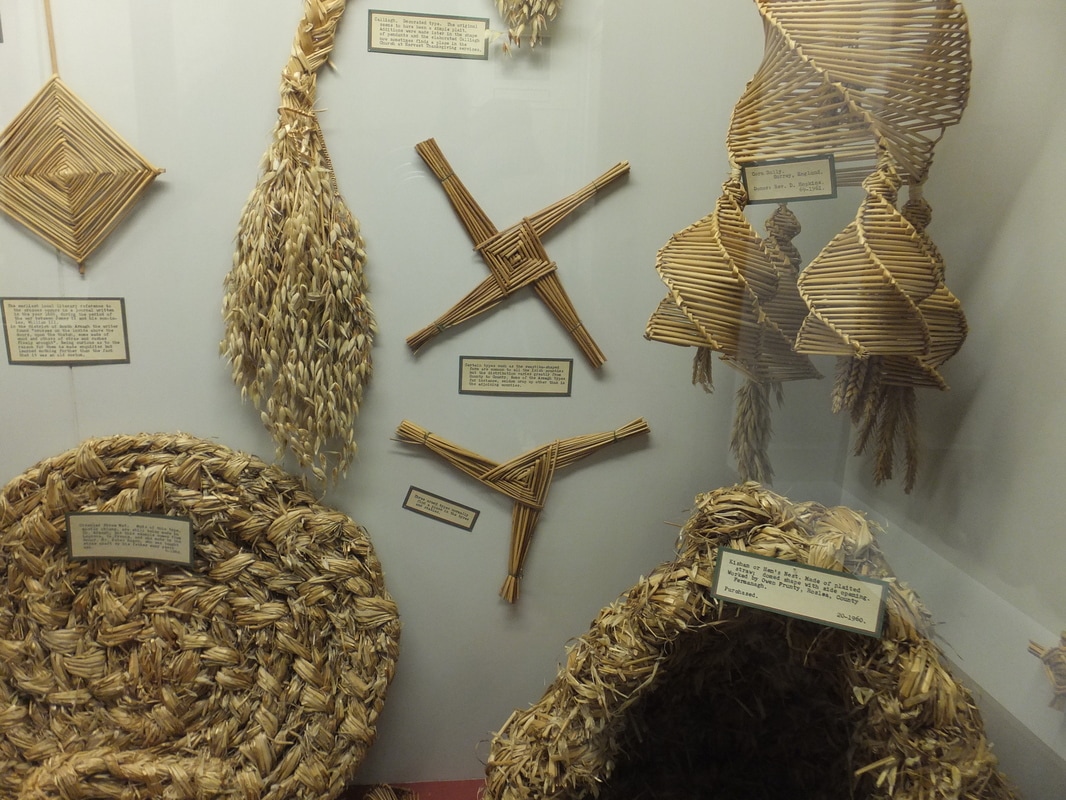
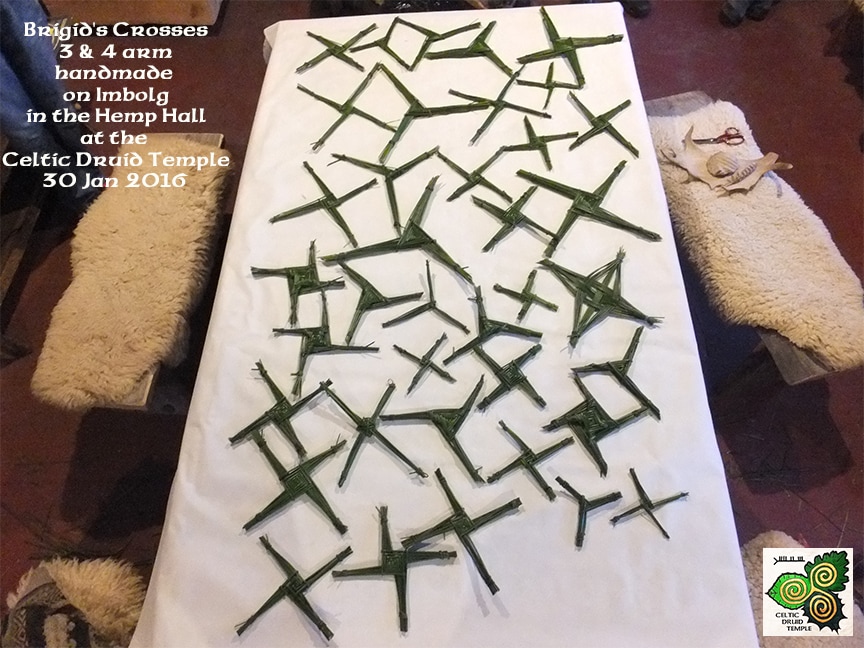
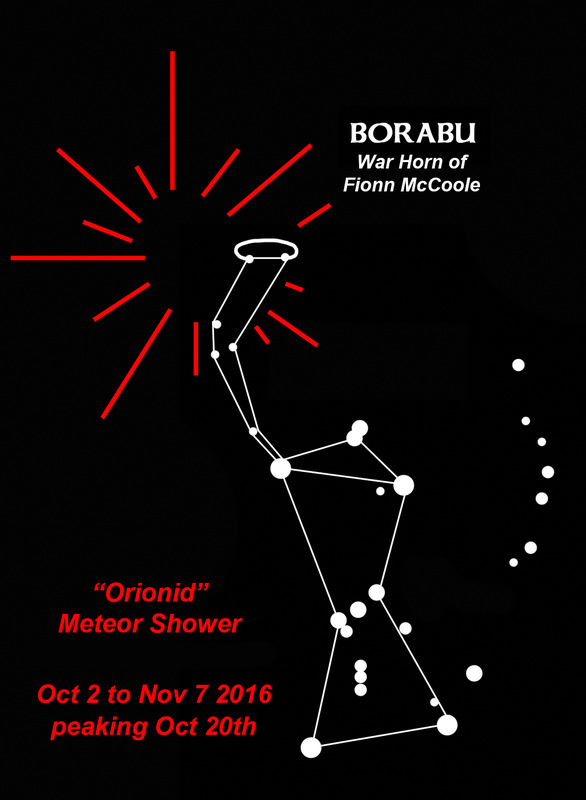
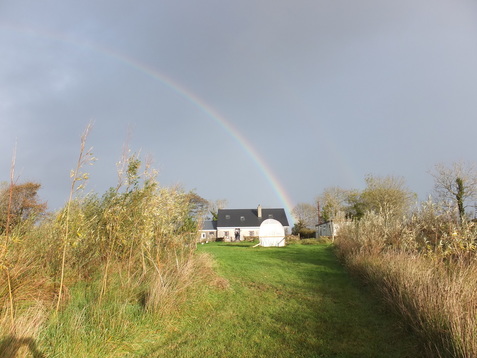
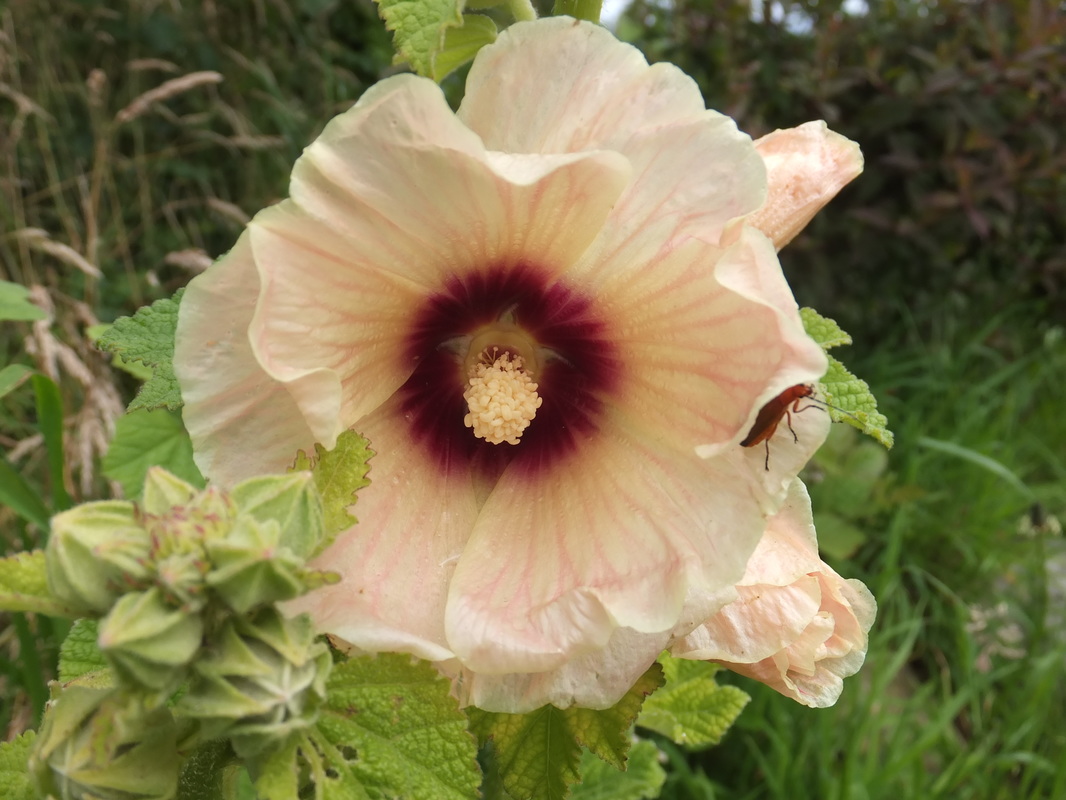
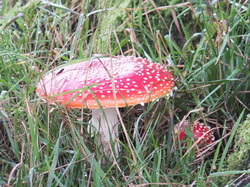
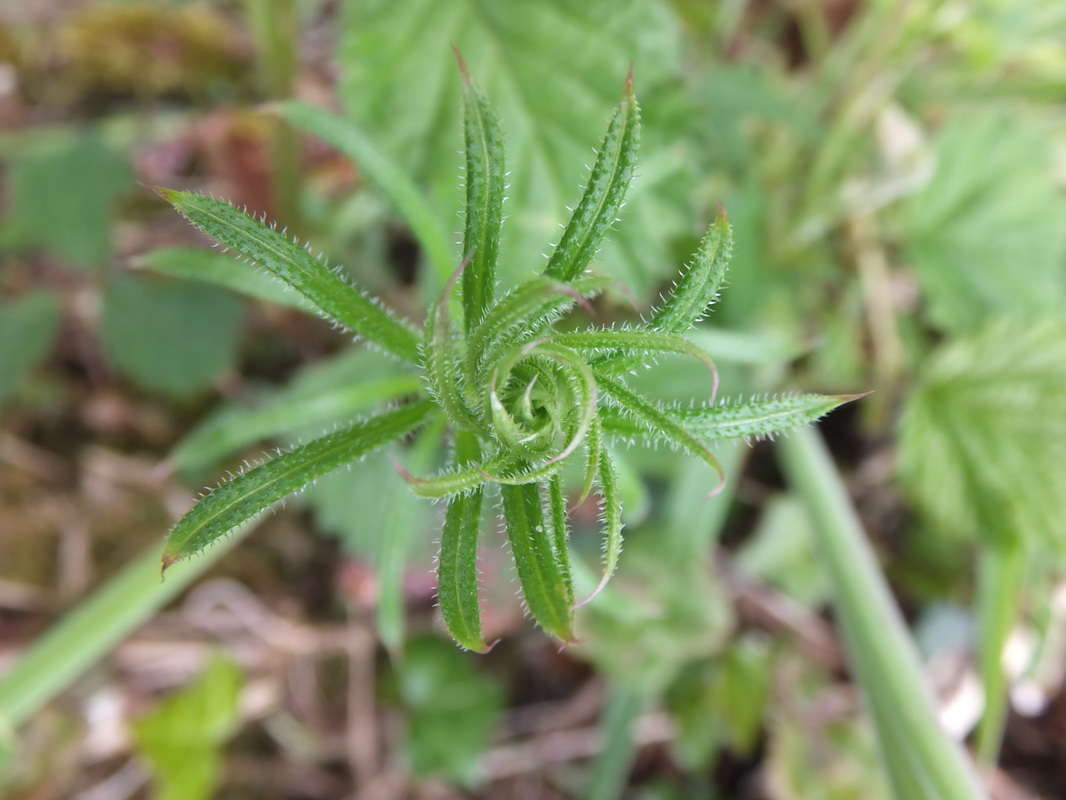
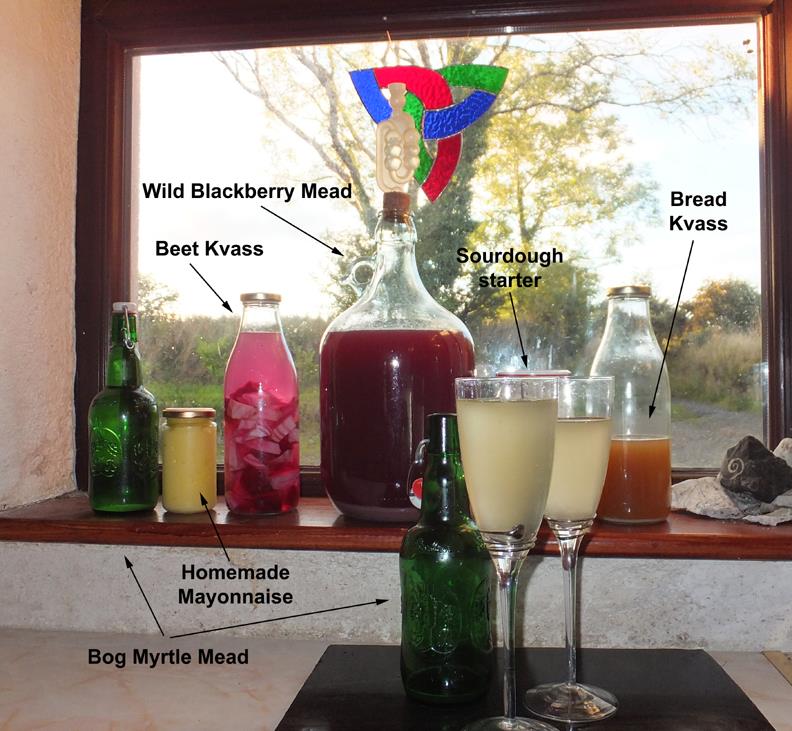
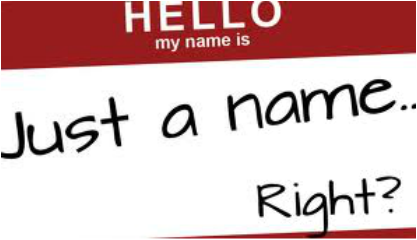
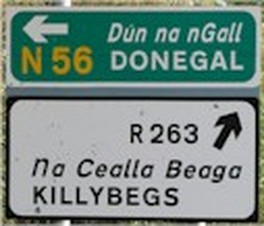
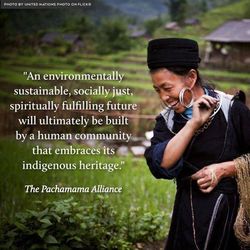
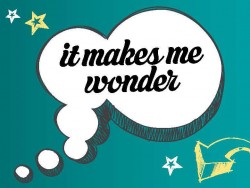
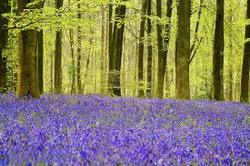
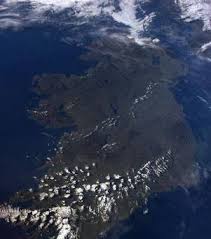
 RSS Feed
RSS Feed